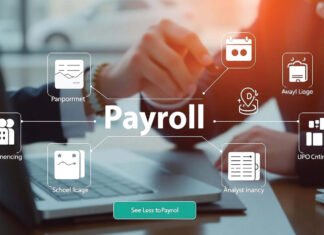R3 Continuum, a workplace behavioral health company specializing in helping people and organizations thrive in the face of disruption, has released its inaugural 2024 Workplace Behavioral Health Report.
Designed for HR leaders, this landscape analysis evaluated strategies and ideas used by HR teams to address mental health challenges in the workplace and compiles best practices for others to implement. The insights were informed by trusted market research and R3’s more than three decades of workplace mental wellbeing and behavioral health consulting experience.
The report offers a roadmap for HR leaders in organizations of all sizes as they build and deploy mental wellness resources to better support the workforce and in turn, improve productivity, engagement, and retention.
Five key areas of opportunity that the report examines include:
- Taking a proactive versus reactive approach to employee mental wellness
- Developing a comprehensive and global mental health strategy
- Measuring outcomes, program quality, and financial return of efforts
- Using validated indices to measure and compare impact
- Leveraging AI and digital mental health tools
“HR leaders are aware that they need to provide more mental wellness support and resources for employees,” said George L. Vergolias, PsyD, CTM, chief clinical officer, R3 Continuum. “But the volume of possible resources and options make these decisions incredibly complex. We’ve boiled them down into a few best practices that give HR leaders a better sense of where to start and how to focus their efforts.”
The stigma attached to discussing mental health in the workplace has lifted significantly. In fact, employees say a focus on personal wellbeing has become crucial to their work lives. Organizations need a wellbeing strategy not only tailored to fit the unique needs of their industry and workforce, but the individual needs of each employee – with flexibility to adapt to changing global circumstances.
Measuring outcomes, program quality, and financial return
Measurable return on investment (ROI) of mental wellbeing programs continues to be one of the most persistent barriers to success in the workforce. But organizational leaders are more likely to support initiatives when they can see the clear value in the numbers. It is important to demonstrate the efficacy of resources offered as well as functional improvements to the workforce individually and as a whole. In the report, R3 offers advice on how to validate and benchmark functional outcomes, program satisfaction, and clinical efficacy.
At a time when organizations are looking to effectively bolster mental wellness offerings, it’s critical that HR decision-makers understand the evolving landscape. By focusing on the five opportunities within this report, leaders can build long-lasting outcomes that support an engaged, productive, and resilient workforce.
Explore HRtech News for the latest Tech Trends in Human Resources Technology.












